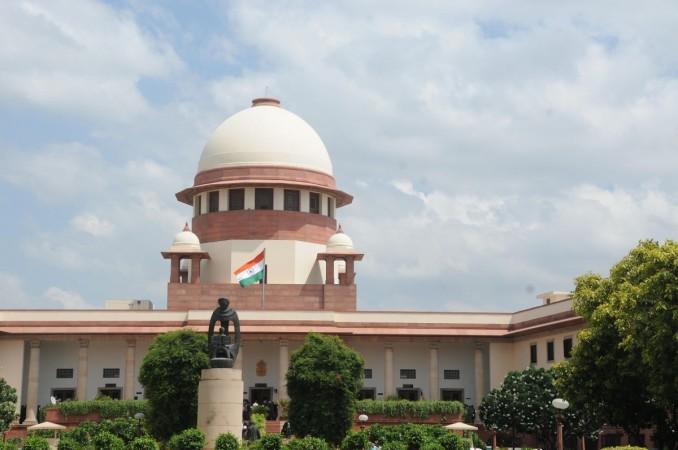
The Supreme Court said on Monday that no politician can seek votes in the name of caste, creed, or religion, while hearing several petitions in Hindutva case. The seven-judge constitution bench passed the judgement in the Hindutva case after hearing in detail arguments from various petitioners/respondents.
Also read: Muslim cop approaches High Court on being told to shave his beard
The apex court also said that election is a secular exercise and hereby its way and process should be followed. The court also said that the relationship between man and god is individual choice.
It said that the state is forbidden to interfere in such an activity.
The seven-judge bench, led by Chief Justice TS Thakur, was re-examining a 1995 judgement that said that Hindutva or Hinduism is a way of life. During Maharashtra elections then, the election of Bal Thackerey, Manohar Joshi and RY Prabhoo was set aside since they had referred to Hinduism in their speeches.
However, Justice JS Verma had then held that seeking votes in the name of Hinduism is not a "corrupt practice" under Section 123 of the Representation of the People Act.
Section 123 (3-A) defines "corrupt practice" as promotion of, or attempt to promote, feelings of enmity or hatred between different classes of the citizens of India on grounds of religion, race, caste, community, or language, by a candidate or his agent.
The three-judge bench had then said that Hindutva or Hinduism doesn't construe to Hindu religious practices, but to a culture and way of living of the Indian people.
On the first working day of 2017, the SC said that political parties will no longer be allowed to seek votes based on religion, caste, or creed.
The judgement will affect political parties like the BJP, BSP and All India Majlis-e-Ittehadul Muslimeen (AIMIM). While the BJP uses Hindutva as a political agenda, the BSP promotes itself as a party working for the Dalits and the AIMIM is seen as a party that represents Muslims in Telangana.

















